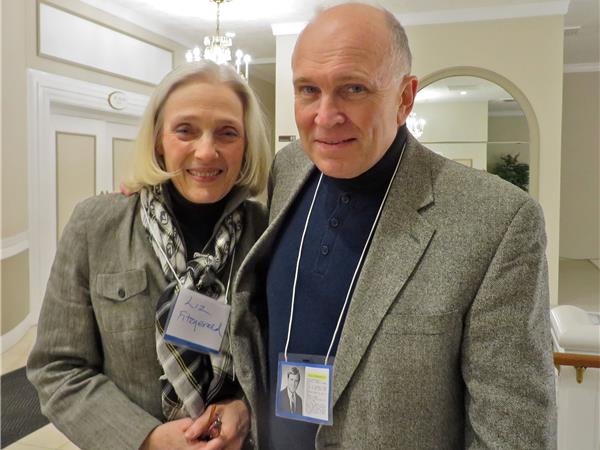According to a March 16 Reuters article by Peter Graff titled Afghanistan confirms blanket pardon for war crime , Afghanistan's government "has enacted into law a blanket pardon for war crimes and human rights abuse carried out before 2001." It may sound democratic that "this law passed with a two-thirds majority." but it isn't. Graff goes on to explain that, "Parliament is made up largely of lawmakers from former armed groups, some accused by rights groups and ordinary Afghans of war crimes."
What few seem to remember is that in 2001 it was the Bush administration that brought warlords into the Afghan government against the will of the Afghan people. It confirmed what is obvious to anyone with common sense, if you bring warlords into the political process, warlords will eventually takeover completely. That's what warlords do.
Let's set the record straight. It didn't need to happen this way.
According to Afghan human rights expert, Sima Wali, who represented King Zahir Shah at the Bonn conference in 2001, the process of building a new Afghanistan was doomed to be overrun by Taliban and extremist warlords from the beginning."During the debates establishing the post-Taliban government of Afghanistan in 2001, Islamist principles that had never been considered Afghan and were never a part of previous Afghan constitutions were infused into the new constitution. Many in leadership positions in the current government of Afghanistan also subscribe to extremist ideologies of the Islamic kind that were never part of Afghan politics."
According to Afghanistan expert David B. Edwards, the extremist, anti-modernist ideologies of the Taliban and the seven major Peshawar mujahideen organizations were known to be as alien to Afghanistan's traditional ideas of governance as anything introduced by foreign colonial powers.
In addition to placing former Taliban madrassa students in positions of authority, the decision by the administration of George W. Bush to bring warlords into the tribal Loya Jirga that established the new government, had a predictable effect.
Pakistani journalist, Ahmed Rashid, wrote in his book "Descent Into Chaos" about a European diplomat's shock at the American strategy. " "Giving the warlords a front seat was a blow to the Afghans and a negative symbol of U.S. influence,' said one ambassador."
Operating under the false assumption that warlords were always a fundamental aspect of governance in Afghanistan, few in the media or Washington policy establishment questioned the thinking behind such decisions. But the fatal blow to the aspirations of the Afghan people arrived when the Bush administration made the unilateral decision to sideline the one person who could have pulled the country together after 30 years in exile, King Zahir Shah.
One commentator, William Pfaff, wrote: "Washington manipulated the Loya Jirga (national assembly of tribal leaders) called in June 2002, so as to put Karzai in office. This was despite the will of the majority of the assembly to bring back the royal family, and the ex-king, as nonpartisan and traditionally legitimate influences in the country's affairs."
The February 17th Boston Globe article The Price of Appeasing the Taliban by US Representative Stephen F. Lynch framed the dilemma of the Afghan people accurately regarding President Karsai's role. --I recently met with female members of the Afghan parliament who were angry Karzai had proposed the Taliban appeasement plan in London without getting the input of women in parliament. They said they fear for the women of Afghanistan, their basic rights of free speech, freedom of travel, freedom of association and voting rights. These women said that they respect the United States, not merely for its economic success or its military power, but for "upholding individual rights for all of its citizens." This, they said, "is the intoxicating idea of America."
Even though a recent BBC poll of Afghans reveals that only 6% want the Taliban back, it seems nobody from the either the Karsai or Obama administration is talking to the Afghan people.
Brad Adams, Asia director for watchdog Human Rights Watch, summed the issue up succinctly in Graff's article when he raised this issue: "The U.S. needs to decide whether they're with the victims or the perpetrators, and make their views known publicly," Our advise to Adams is simple. Until the Afghan people get what they need to run their own nation, don't be distracted by what the Obama administration says and watch what they do like a hawk.
Paul Fitzgerald and Elizabeth Gould are the authors of Invisible History:
Afghanistan's Untold Story published by City Lights. Visit their website
atwww.invisiblehistory.com
Copyright 2010 Gould & Fitzgerald. All rights reserved





